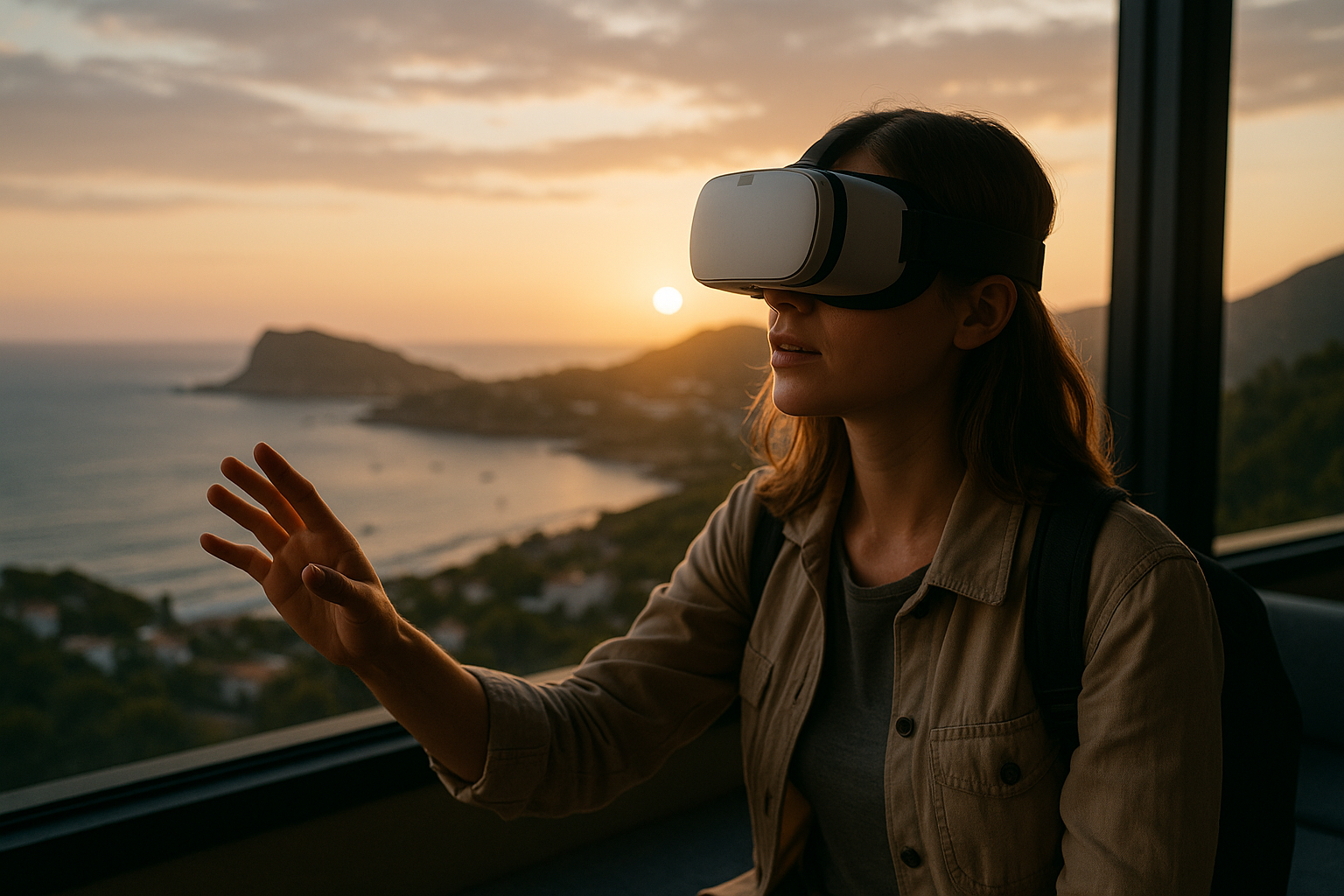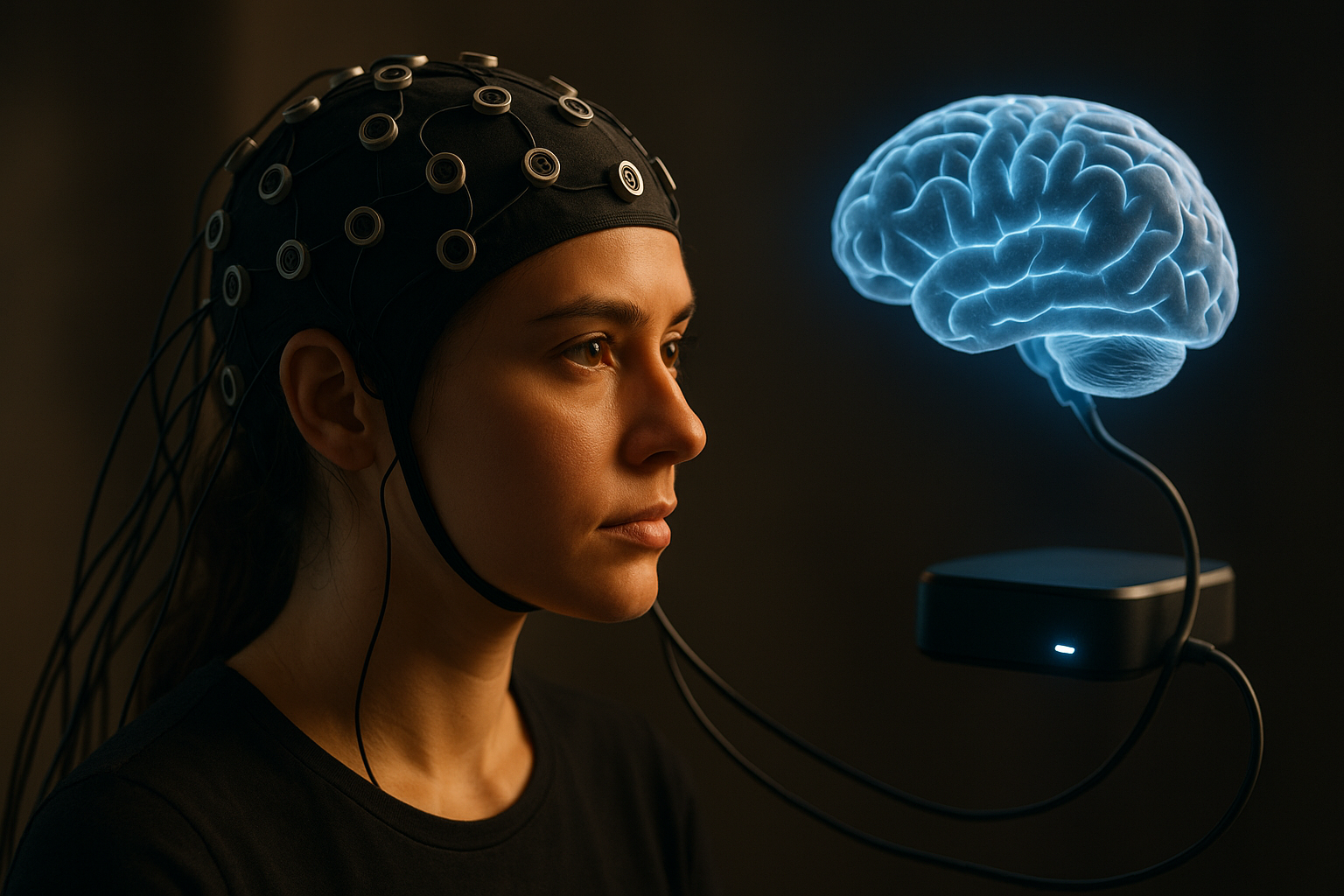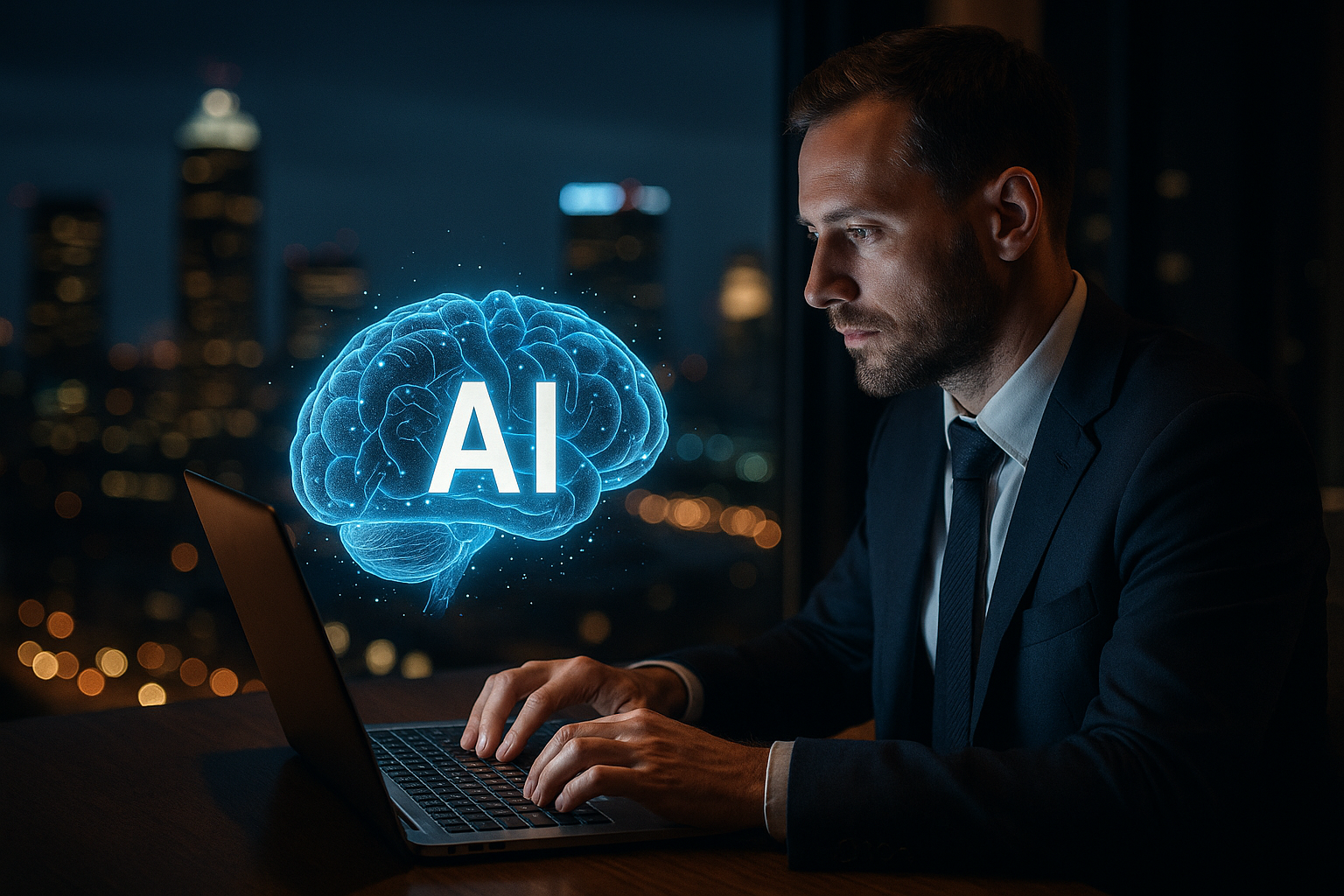The Rise of AI in Tourism Attractions
In 2025, the landscape of tourism attractions is undergoing a revolutionary transformation, driven by advancements in artificial intelligence (AI). These changes are not just enhancing the way visitors experience attractions but are also setting new standards for engagement, personalization, and interactivity. One standout example is the recently announced AI-driven theme at Erebus Haunted Attraction, which showcases how AI can craft unprecedented immersive experiences.
How AI Enhances Visitor Engagement
AI technologies are enabling attractions to offer more interactive and engaging experiences. By leveraging AI, attractions can analyze visitor preferences and behaviors in real-time to tailor experiences to individual tastes. This level of personalization means that each visitor can enjoy a unique journey tailored to their interests.
- Real-time Data Analysis: AI systems can process visitor data instantly, adjusting experiences on the fly to enhance satisfaction.
- Personalized Interaction: Using AI, attractions can offer customized interactions, such as personalized greetings or tailored storylines.
- Immersive Storytelling: AI can generate dynamic narratives that adapt based on visitor choices, creating a more engaging and interactive experience.
Case Study: Erebus Haunted Attraction
One prime example of AI’s impact on tourism is the Erebus Haunted Attraction in Michigan. Their latest theme, announced in October 2025, centers around an AI takeover, where visitors navigate a haunted experience curated by AI. This groundbreaking approach not only heightens the thrill but also ensures every visit is different, thanks to AI-generated scenarios that evolve based on visitor interactions.
The Erebus example highlights how AI can be utilized to craft unique experiences that are both engaging and memorable, drawing visitors back for multiple visits to explore new outcomes each time.
The Future of AI in Tourism
The integration of AI in tourism attractions is poised to grow even further. Here are a few ways AI is expected to continue impacting the industry:
- Enhanced Accessibility: AI can provide real-time translations and assistance, making attractions more accessible to an international audience.
- Virtual and Augmented Reality: AI-driven VR and AR can create hyper-realistic simulations, allowing visitors to explore locations or scenarios that would otherwise be inaccessible.
- Efficient Operations: AI can optimize operational processes, from ticketing to crowd management, enhancing the overall visitor experience.
Conclusion
As we move further into 2025, AI-driven immersive experiences are set to become a cornerstone of tourism attractions. By offering personalized, interactive, and ever-evolving journeys, AI not only enhances visitor engagement but also redefines what it means to explore a destination. The innovations seen at places like Erebus Haunted Attraction are just the beginning of AI's transformative impact on the tourism industry.
Sources
This article references: Erebus Haunted Attraction’s AI takeover theme announced on October 6, 2025




Comments
Leave a Comment
No comments yet. Be the first to comment!